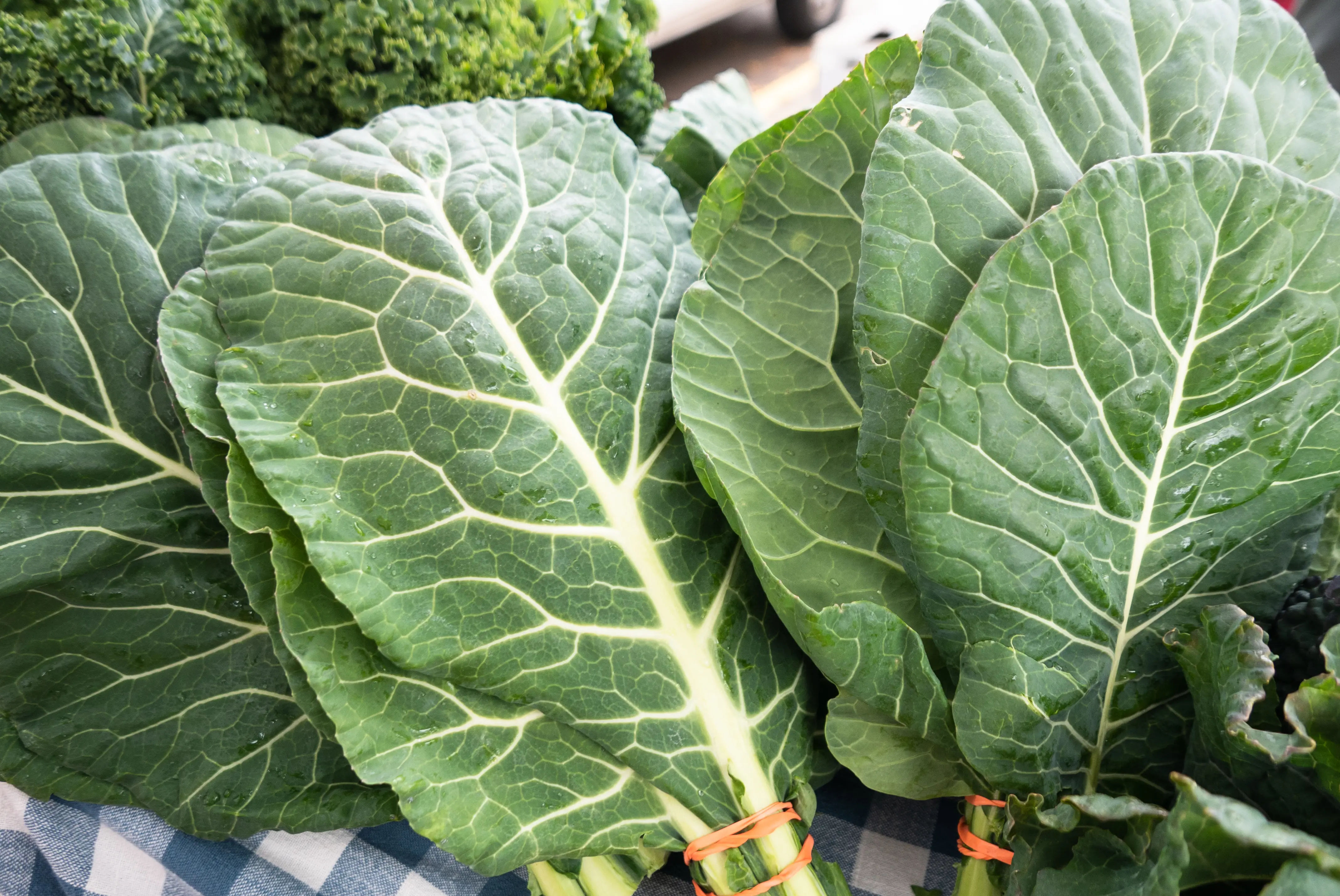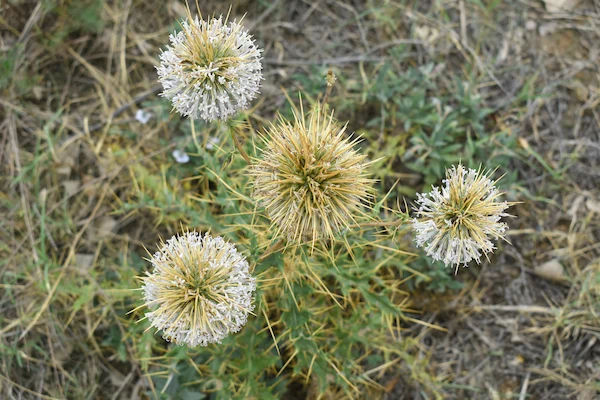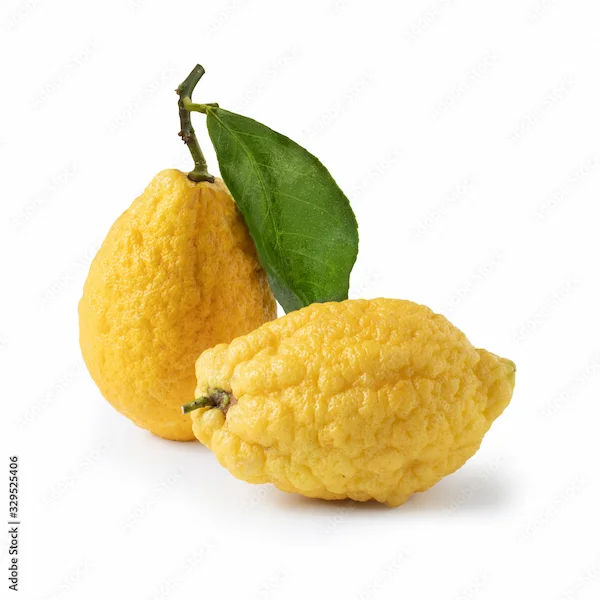Tips for Surviving the Monsoon
Discover practical tips for surviving the monsoon season, including ways to stay healthy, protect against infections, manage humidity-related issues, and maintain overall wellness during rainy days.

Written by Dr. Shaik Abdul Kalam
Reviewed by Dr. Rohinipriyanka Pondugula MBBS
Last updated on 11th Aug, 2025

Introduction
The monsoon season brings much-needed relief from the scorching summer heat, but it also comes with its own set of health challenges. From waterborne diseases to infections, the rainy season can be tough on our bodies. However, with a few simple precautions, you can enjoy the rains while staying healthy. Here are some practical tips to help you survive the monsoon safely.
1. Boost Your Immunity
The damp and humid weather during monsoons makes it easier for viruses and bacteria to thrive. A strong immune system can help you fight off infections.
Eat a Balanced Diet: Include fresh fruits, vegetables, nuts, and whole grains in your meals. Foods rich in vitamin C (like oranges, lemons, and amla) help strengthen immunity.
Stay Hydrated: Drink plenty of boiled or filtered water to avoid waterborne diseases. Herbal teas with ginger, tulsi, or turmeric can also help.
Avoid Street Food: Monsoon increases the risk of contaminated food, so opt for home-cooked meals instead.
2. Prevent Waterborne Diseases
Stagnant water during monsoons becomes a breeding ground for mosquitoes and harmful bacteria, leading to diseases like dengue, malaria, cholera, and typhoid.
Drink Clean Water: Always consume boiled or purified water.
Avoid Walking in Stagnant Water: It can cause fungal infections and leptospirosis (a bacterial infection).
Use Mosquito Repellents: Apply creams or use nets to prevent mosquito bites.
3. Keep Skin and Hair Healthy
Humidity and dampness can cause fungal infections, acne, and hair fall.
Dry Yourself Properly: After getting wet in the rain, change into dry clothes immediately to prevent fungal infections.
Use Antifungal Powder: Apply it in skin folds (like underarms and feet) to prevent infections.
Wash Hair Regularly: Rainwater can make your scalp oily and prone to dandruff. Use a mild shampoo and keep your hair dry.
4. Maintain Hygiene
Germs spread faster during monsoons, so personal hygiene is crucial.
Wash Hands Frequently: Use soap and water, especially before eating.
Keep Your Surroundings Clean: Ensure no water collects near your home to prevent mosquito breeding.
Disinfect Frequently Touched Surfaces: Doorknobs, phones, and keyboards can harbor germs.
5. Exercise Indoors
Heavy rains can make outdoor workouts difficult, but staying active is important for immunity.
Try Indoor Exercises: Yoga, stretching, or home workouts can keep you fit.
Avoid Wet Slippery Areas: Walking or running on wet surfaces increases the risk of falls.
6. Manage Respiratory Health
Humidity and mold growth can trigger allergies, asthma, and colds.
Keep Your Home Ventilated: Open windows when it’s not raining to reduce dampness.
Use a Dehumidifier (if possible): Helps reduce moisture in the air.
Steam Inhalation: Helps clear nasal congestion if you catch a cold.
7. Foot Care
Wet feet can lead to fungal infections like athlete’s foot.
Wear Waterproof Footwear: Avoid walking barefoot.
Dry Your Shoes Properly: Alternate between pairs to prevent moisture buildup.
Apply Antifungal Cream: If you notice itching or peeling skin.
8. Stay Safe from Electrical Hazards
Monsoon rains can cause electrical faults.
Avoid Using Wet Hands to Operate Switches.
Check for Leakages or Exposed Wires.
9. Be Cautious While Traveling
Slippery roads and poor visibility increase accident risks.
Drive Slowly: Wet roads can be slippery.
Avoid Flooded Areas: Waterlogged streets may hide open manholes.
10. When to Seek Medical Help
If you experience:
High fever lasting more than 2 days
Severe diarrhea or vomiting
Unexplained rashes or infections
Difficulty breathing
Health topic carousel:
Doctor's speciality: General Physician
Text: Consult a Top General Physician for the best advice
Final Thoughts
Monsoon is a beautiful season, but it requires extra care to stay healthy. By following these simple tips, boosting immunity, maintaining hygiene, and preventing infections, you can enjoy the rains without falling sick. Stay safe, stay dry, and take care of your health!
Health topic carousel:
Doctor's speciality: General Physician
Text: Consult a Top General Physician for the best advice




